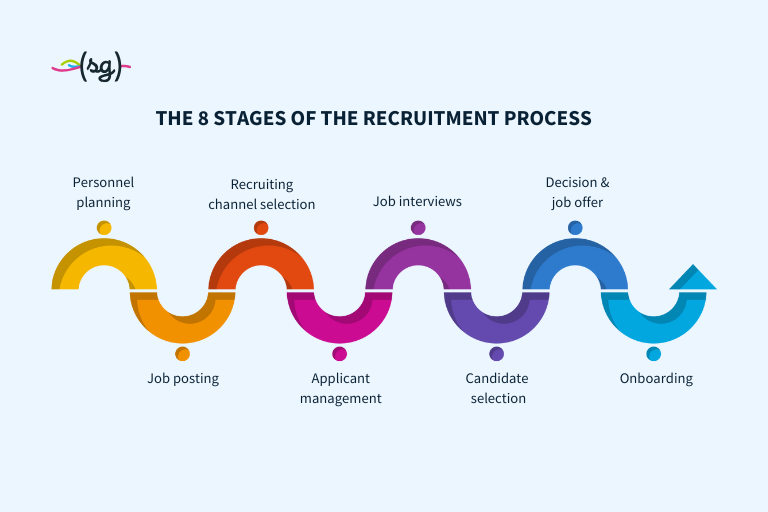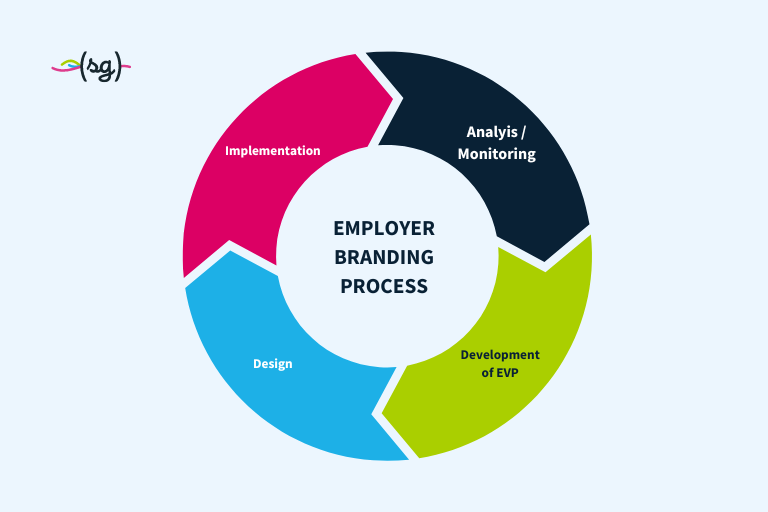The term talent management describes the strategic recruitment planning and processes undertaken by an employer to find, hire and keep desirable employees. ‘Talent’ refers to skilled professionals, and more often than not the so-called digital natives of our younger demographics who are in particularly high demand. Talent management has come about as a solution to the challenges faced by today’s employers when it comes to finding skilled candidates. A shift in economy has made it harder to find and hire certain target markets and therefore talent management techniques have been developed as a solution to the problem.
What Does Talent Management Encompass?
Essentially talent management refers to the long-term procedures that business put into place in order to sustain a skilled workforce. This includes their existing employees as well as outside candidates. Generally a HR manager will be in charge of talent management, and will make sure that the company is effectively sourcing, recruiting and maintaining skilled staff members. It is common practice to put retention strategies into place in order to keep key employees within the company, as well as developing ways to generate new talent.
How Does Talent Management Work?
Talent management encompasses both internal and external recruitment planning and processes. As mentioned, this can apply to the retention of key employees – the individuals who offer the most in terms of skill and productivity. More often than not they are relatively high up in the company and therefore key to the success of the business. Talent management of key employees can include staff development training, and engagement techniques such as unique job perks and bonuses. New talent can either be active sourced in preparation for future vacancies, or otherwise recruited using a number of modern day recruitment methods.
Talent Management Strategies
Talent Management requires the HR manager or employer to initially ask themselves how they can improve their recruiting system, then implementing strategies that will optimize the process: Some of those talent management techniques are as follows:
- Staff retention, strategies to retain key employees
- Active sourcing, to search for previously undiscovered or passive talent
- Talent pools, a database of potential candidates to contact when a position opens
- Talent communities, an online environment to generate a more ‘personal’ form of talent pool
All of these talent management processes are competency-based techniques which save employers time and money as well as generating talent.
What Are The Benefits of Talent Management?
By appointing a HR manager or team to analyse and streamline recruitment tactics, business can not only find and retain employees – but they generate a better quality of candidate. Active sourcing, talent pools and talent communities are all designed to filter out the cream of the crop ahead of time. This means when a vacancy becomes available, it can quickly be filled with a skilled candidate. These talent management strategies (as well as the maintenance of key employees) save valuable time and money – whilst generating the best candidates.
Talent Management and softgarden
softgarden software can assist a business with their talent management techniques by streamlining their recruitment process. The softgarden application tracking system makes it simple for companies to set up candidate pools with pre-defined criteria. The applicants will automatically be placed in the relevant pools, which make it easier for recruiters to pick the right talent. Candidates can also opt to stay in the talent pools, in case of future job opportunities.
softgarden software also allows for multi posting to mainstream job boards, corporate career sites, and social networking channels. This enables companies to reach a wider audience, as well as specific target groups such as the aforementioned ‘digital natives’ who predominantly search for work online, and increasingly via social networking. See the softgarden website for more information on how we can help you with your with talent management.









